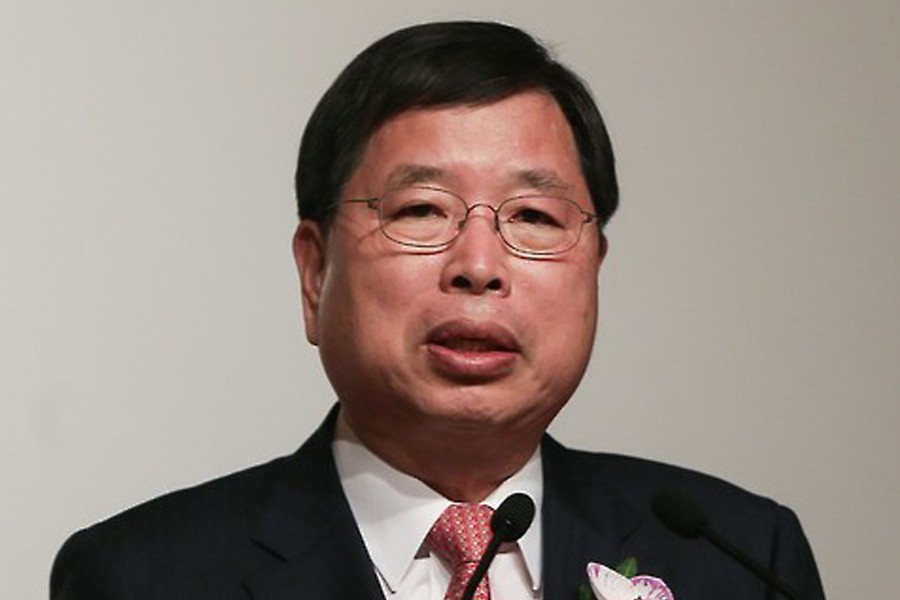LG Chem, South Korea's largest chemical company, sees the global petrochemical market being stable this year, and is diversifying its products to guard against falling plastic usage, the company's chief executive said, reports Reuters.
Asian petrochemical makers typically use crude-oil derived naphtha as a feedstock to produce ethylene and other basic petrochemicals, which are mostly used to make plastics.
"The petrochemical business is largely affected by oil prices, but now oil prices are stable in the range of US $60 per barrel after rising for a while," Park Jin-soo, LG Chem CEO and vice president, said at a press conference which was embargoed until Sunday.
"The market may not be as robust as last year but I think it won't go bad this year."
The chief executive also raised concerns over protectionism after US President Donald Trump proposed tariffs on steel and aluminum, prompting warnings of retaliation from US trading partners.
"We see relatively little impact because our export volume to the US is not that much, however, in the long term we should be prepared for global trade protectionism," Park said.
Asked about the potential impact of plastic usage bans on the petrochemical industry, Park said demand continued to increase steadily.
"However we have been diversifying our businesses to maintain steady demand regardless of supply or demand changes," he said.
LG Chem currently operates two naphtha crackers in the southwestern cities of Yeosu and Daesan with a combined 2.2 million tonnes per year (tpy) of ethylene output. It would increase the Daesan plant's ethylene output capacity by 230,000 tonnes to 1.27 million tpy by 2019.
The company said in December it would expand its acrylic and superabsorbent polymer production capacity by the first half of 2019 in a bid to focus on more lucrative petrochemical products.
Apart from the petrochemical business, LG Chem is also one of the major South Korean battery makers, along with Samsung SDI and SK Innovation.
Growth in the battery business, fuelled by the boom in electric vehicles, boosted the company's sales target to 36.4 trillion won (US $34.2 billion) by 2020, from this year's goal of 26.9 trillion won, Park said.
LG Chem was on the lookout for ways to secure stable supplies of metals such as nickel and cobalt used in EV batteries, including joint ventures, he added.
"We could consider cooperating with companies which have such metals or, if needed, a joint venture or a long-term deal, and we are making a lot of plans for the next few years," he said.
In February, SK Innovation signed a deal with battery technology metals developer Australian Mines Ltd to source cobalt sulphate and nickel sulphate.


